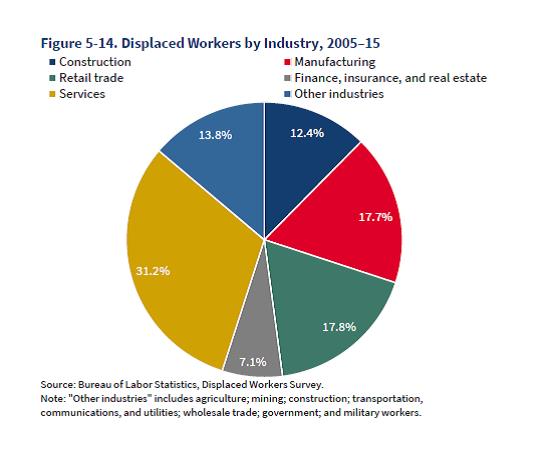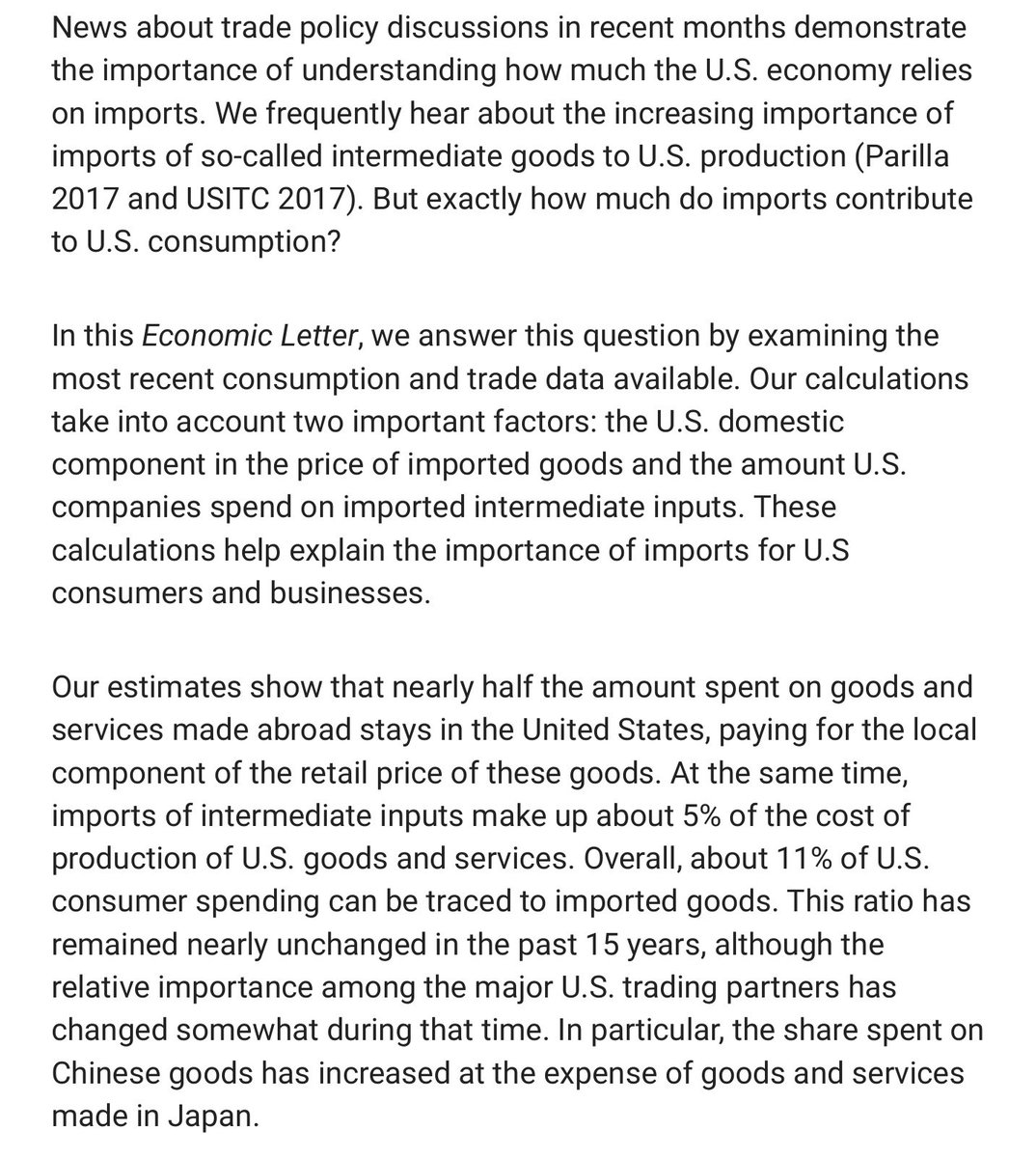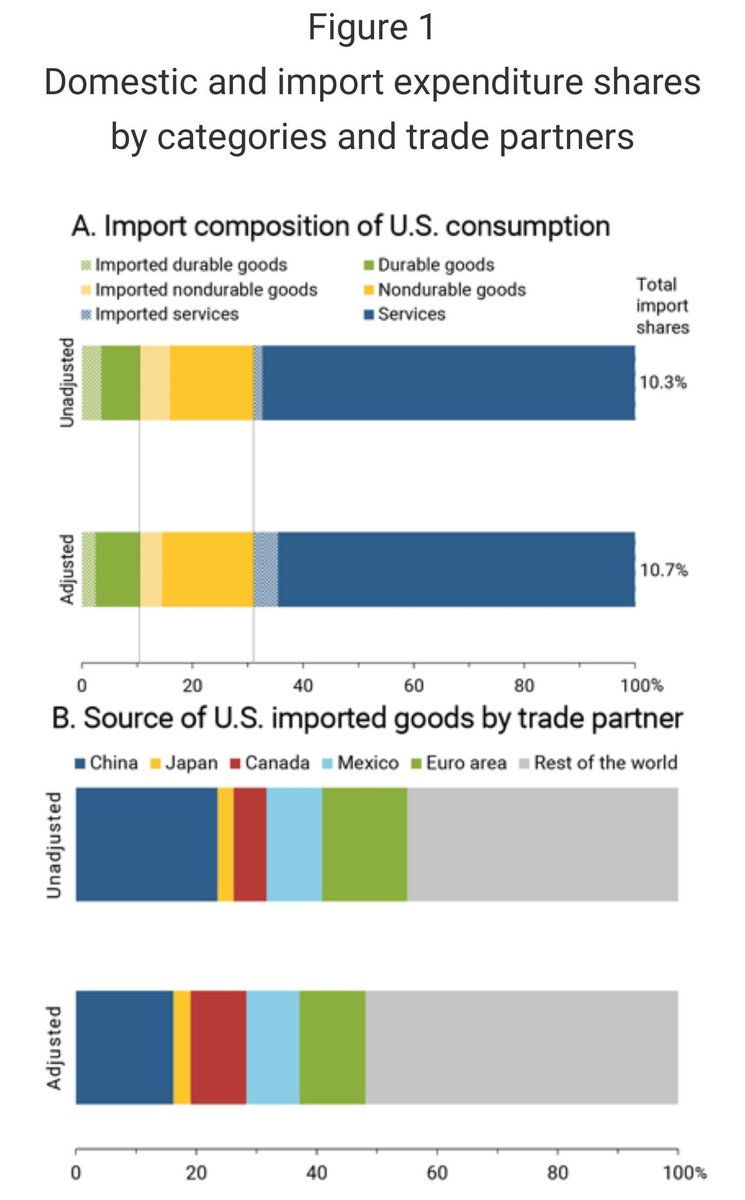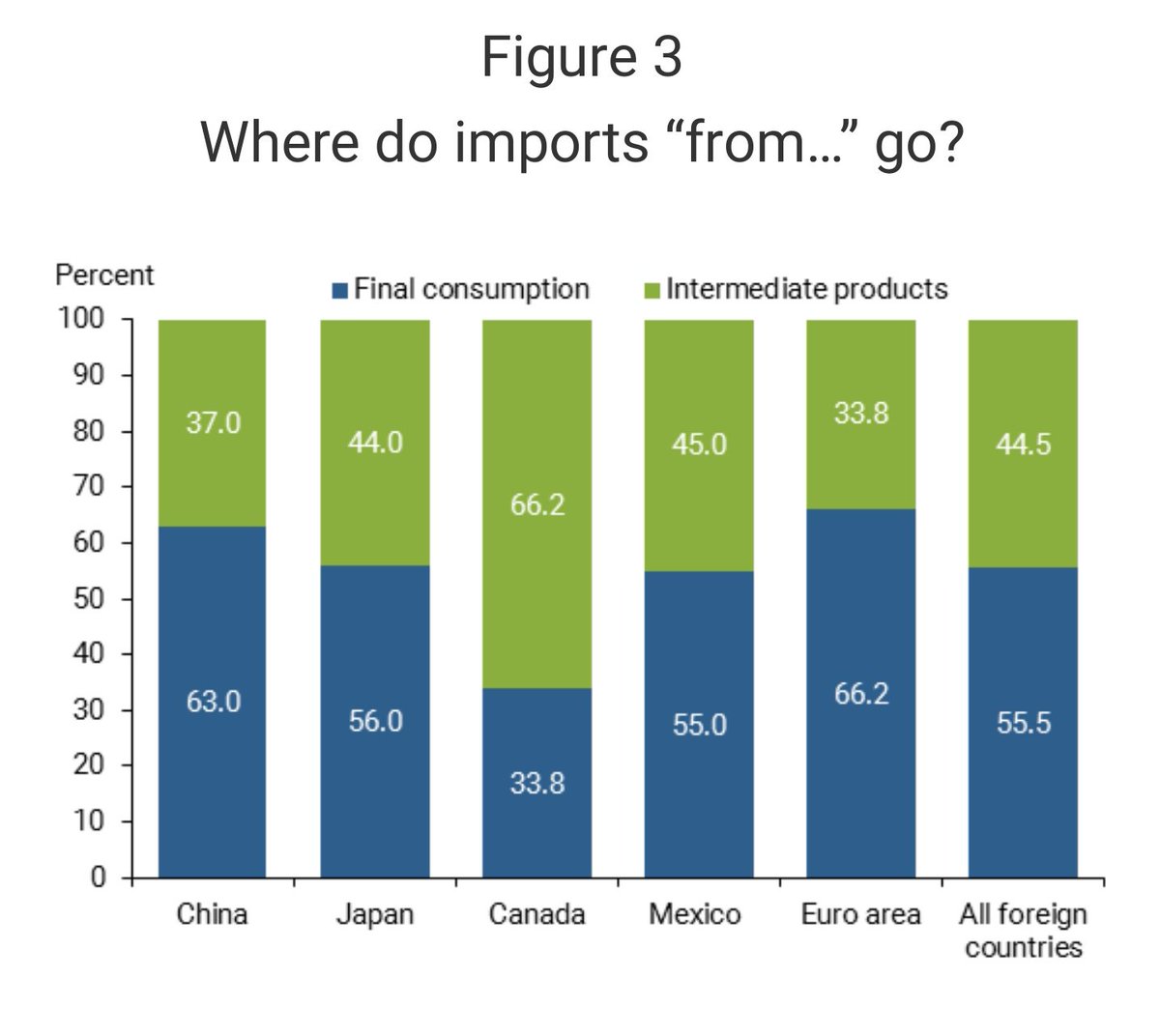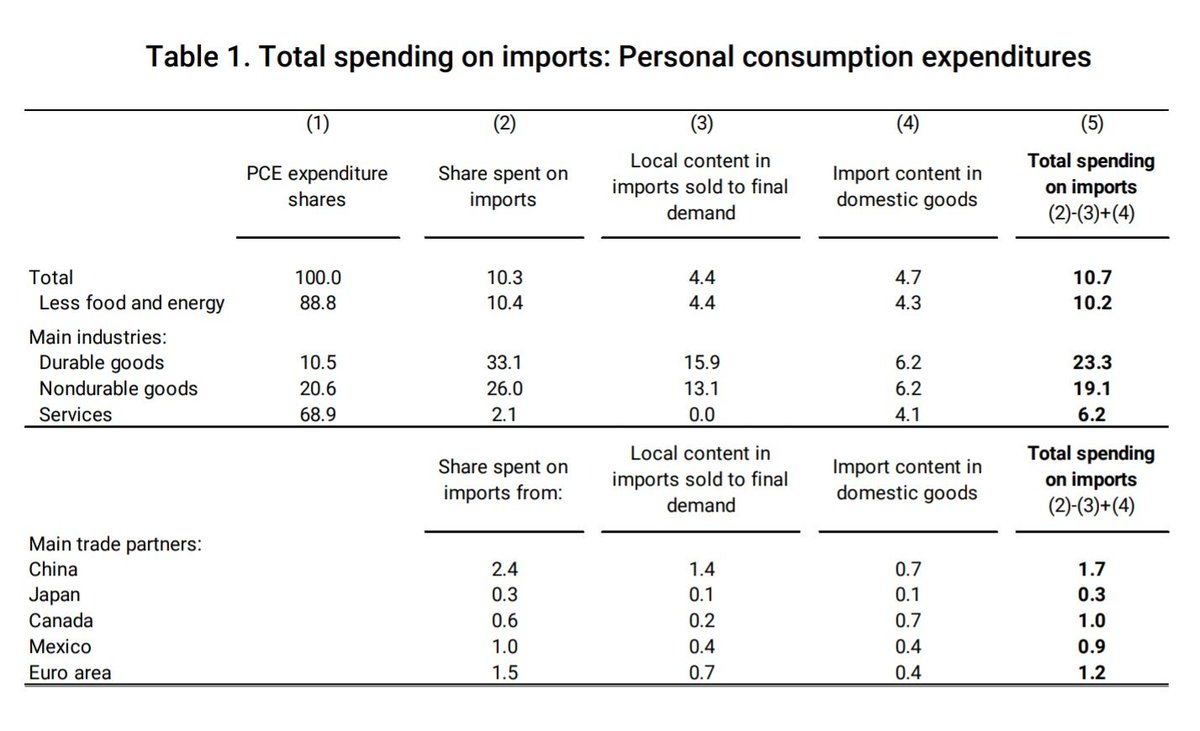Here's a sample of the *many* 2018ERP quotes that correct/contradict past Trump admin statements on trade (w gifs!):
"the United States imposes among the lowest barriers to trade in the world" [ed note: not THE lowest]
"AD/CVD actions can have real [negative] repercussions."
"empirical estimates of the effect of reducing barriers to trade on the domestic economy are positive"
